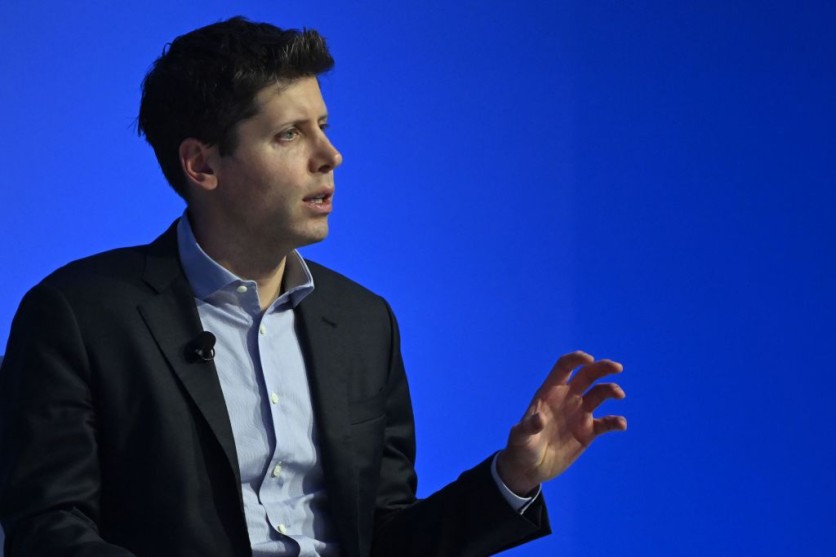OpenAI CEO Sam Altman is leading a bold initiative to boost global AI chip manufacturing. However, the venture faces a significant challenge: getting approval from US authorities.
Altman's ambitious plan aims to raise billions of dollars to accelerate the production of cutting-edge computing chips, which are critical for the advancement of AI technologies. However, Bloomberg notes it is 'an effort that risks raising national security and antitrust concerns in Washington.'
With potential investors from the United States, the Middle East, and Asia, Altman must navigate complex regulatory landscapes and national security concerns.

The Complexities of Altman's Latest Chips Venture
The face of the AI race has recently been making the rounds, calling for a boost to the world's AI capabilities to support what he predicts will be a surge in AI development in the coming months.
However, US concern centers on the potential impact of foreign investment and Altman's involvement in a new startup. Under US law, individuals are prohibited from working for competing companies, which raises antitrust concerns.
Altman's discussions with Middle Eastern sovereign wealth funds about investments may draw scrutiny from the Committee on Foreign Investment in the United States (CFIUS).
In fact, in November, Washington forced a Saudi Aramco-backed venture capital firm to sell its stake in a Silicon Valley AI chip startup led by OpenAI co-founder Sam Altman.
Altman's Plans and the US Government
Bloomberg tells us that Altman has met with US officials, including Commerce Secretary Gina Raimondo, for approval. Collaboration with the United States government is deemed necessary to address concerns about national security and antitrust issues.
Furthermore, Altman's initiative is consistent with broader government efforts to increase domestic semiconductor production. However, whether Altman's venture complements or competes with existing semiconductor subsidies under the 2022 CHIPS Act remains unclear.
The CHIPS Act encourages onshore investment in semiconductor fabrication by promising US$39 billion in manufacturing incentives on top of 25% investment tax credits.
The complexity also grows as Altman considers which aspects of chip manufacturing to focus on, with options ranging from lower-level chips to a massive overhaul of chip manufacturing capacity.
Altman also explores strategies to increase the availability of green energy for AI chip manufacturing, which could drive up the project's costs.
Despite the obstacles, Altman is undeterred. "We believe the world needs more AI infrastructure--fab capacity, energy, data centers, etc--than people are currently planning to build. Building massive-scale AI infrastructure and a resilient supply chain is crucial to economic competitiveness. Openai will try to help!" Altman wrote on X.
we believe the world needs more ai infrastructure--fab capacity, energy, datacenters, etc--than people are currently planning to build.
— Sam Altman (@sama) February 7, 2024
building massive-scale ai infrastructure, and a resilient supply chain, is crucial to economic competitiveness.
openai will try to help!
Stay posted here at Tech Times.
Related Article : OpenAI's Sora Lets You Make Videos With Text

ⓒ 2026 TECHTIMES.com All rights reserved. Do not reproduce without permission.




